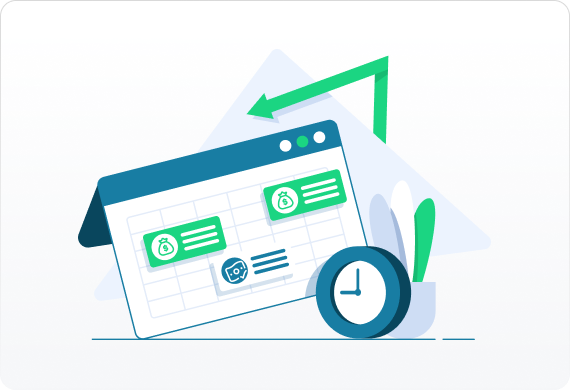Nobody likes rejection. If you’re a small business owner who needed a business loan, a “denied” stamp can sting. That denied loan application, however, isn’t always the end of the road.
The first thing to do is find out why the lender denied your business loan application. If the lender does not supply a reason for that rejection you can try requesting in writing the reasons for the denial. The answer to that question will guide you so that you can take steps to be approved for a business loan in the future. Below are some of the common reasons you might have been denied, and what to do about them.






